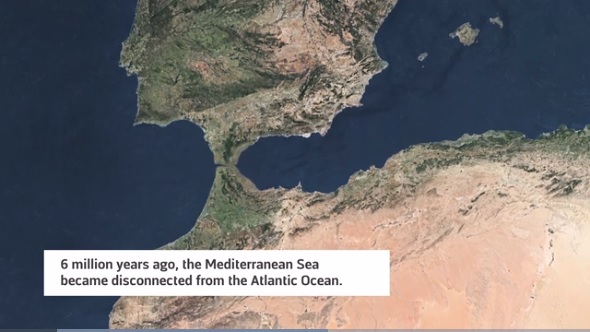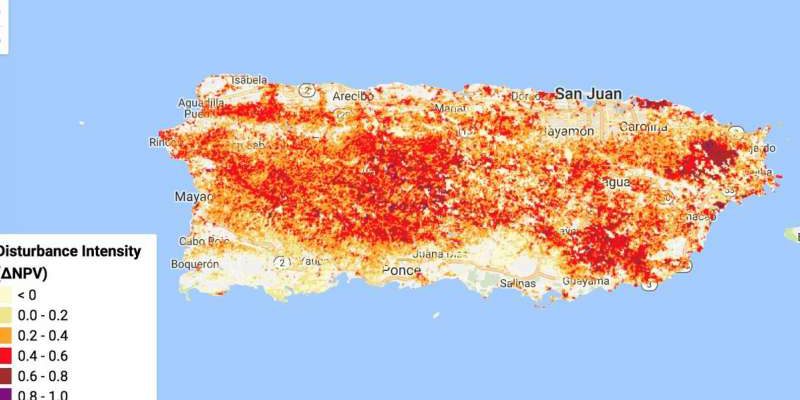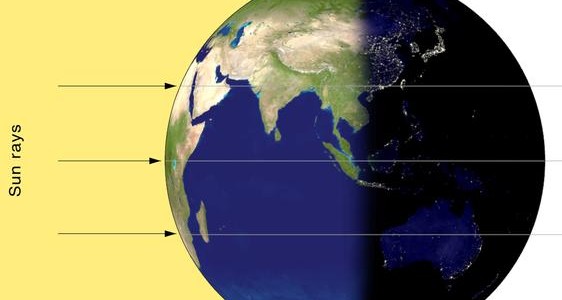Climate science
-

Today marks the 60th anniversary of the Keeling Curve, which showed (and is still showing) the increase in carbon dioxide in the atmosphere as measured at Mauna Loa Observatory. We passed the 400 ppm mark in 2013 and the carbon dioxide levels are continuing to grow at an increasing rate (with the seasonal variation overlaid…
-

As a kid I remember reading a book about the refilling of the Mediterranean Sea after the strait at Gilbraltar was closed up for millions of years, keeping Atlantic Ocean water from entering the basin. Today I saw two separate stories about the Mediterranean Sea and paleoclimate, one based on the story I mentioned above…
-

If you like to look at clouds, you might already know that the type of clouds you see can give you some clues as to what kind of weather that are likely to occur. Here is a short article from The Conversation which describes six different types of clouds and what they can tell us…
-

A new study linking extreme winter weather in the U.S. East with a warmer Arctic has drawn fire from some global warming skeptics. Some argue the record is too short to make good conclusions, and others say that correlation is not the same as causation. How do we know if this study is accurate? Are…
-

Every month I post maps and links to the latest seasonal forecasts from NOAA’s Climate Prediction Center. Most of you read them, and some of you even believe them. Here in the Southeast we generally have a better chance of skill because our winter climate is tied to the ENSO phase (currently coming out of…
-

Weather and climate are frequently in the news. I tend not to talk much about current weather because it changes faster than this blog, although I occasionally mention upcoming frost or tropical storm events. On the longer term, there are some interesting stories around that are informative or entertaining to read. Here are a few…
-

Even though spring is already almost three weeks old for climatologists, today is the official start of astronomical spring. EarthSky has a good story about the March equinox (which means “equal night”). You can read it here. They have a second story about whether days and nights are equal at the equinox here. (Spoiler alert–they…